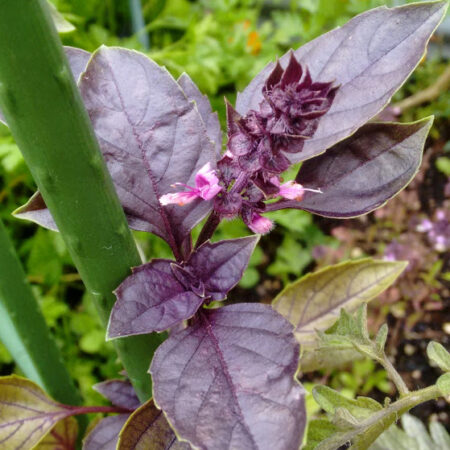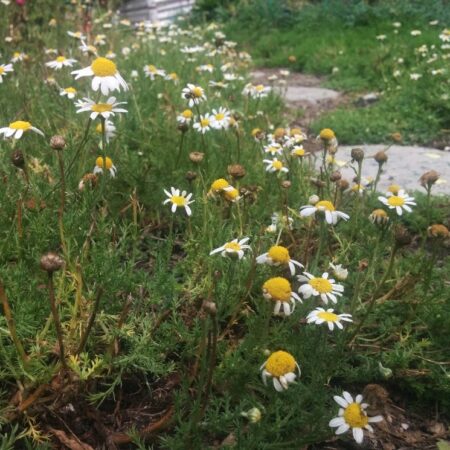Description
Alexanders (Smyrnium olusatrum), sometimes called Horse Parsley or Black Lovage, is an ancient Mediterranean herb introduced to Northern Europe by the Romans. For centuries it was a staple pot-herb before being largely replaced by celery. It belongs to the carrot family (Apiaceae) and has a similar flavour profile, somewhere between celery and parsley with a slightly peppery, aromatic note.
The whole plant is edible:
-
Leaves & young shoots – used fresh in salads or cooked as a green vegetable.
-
Stems – blanched and eaten like celery.
-
Flowers – yellow-green umbels attract bees and beneficial insects.
-
Seeds – aromatic, used as a spice (similar to black pepper).
-
Roots – can be dug and cooked like parsnips in the plant’s second year.
Alexanders is hardy, resilient, and will grow in a wide range of soils, including salty and neglected ground, making it especially useful in coastal or wild gardens. It readily self-seeds if allowed, naturalising easily.
In herbal tradition, Alexanders was valued as a digestive aid and spring tonic, used to strengthen and cleanse the body after winter. Today it is mostly rediscovered by foragers and herb enthusiasts, who appreciate its culinary versatility and resilience.








